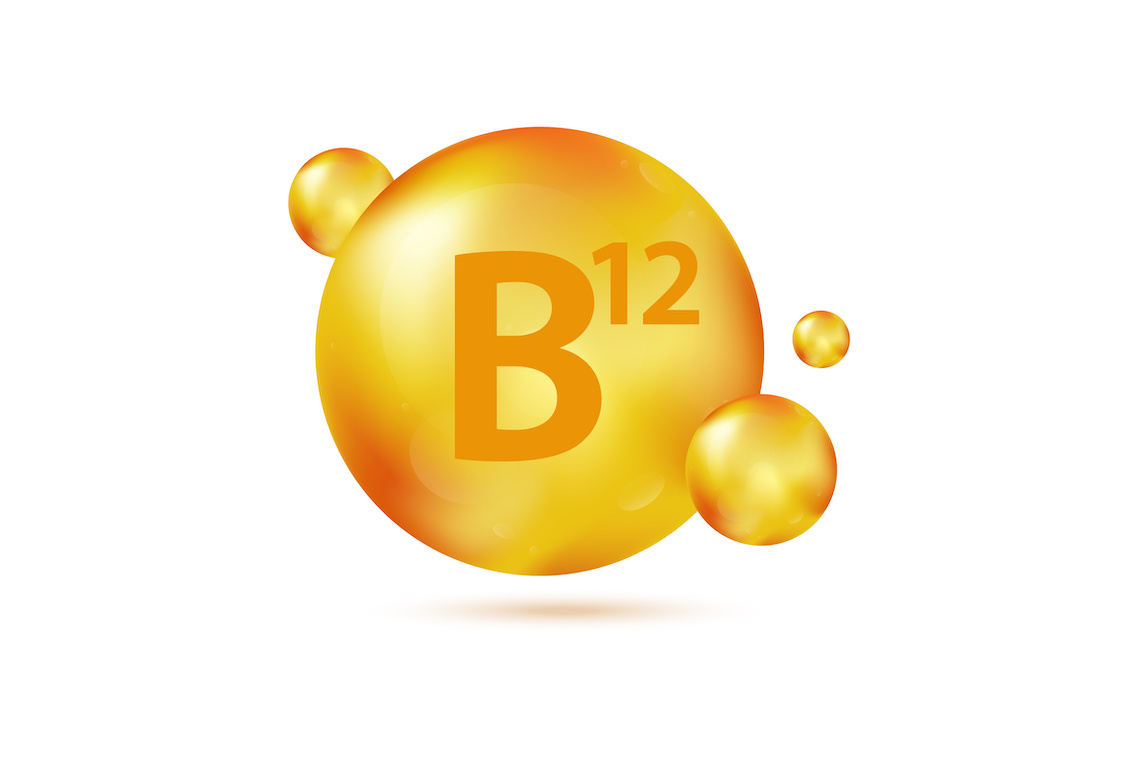Vitamin B12 is a vital nutrient that plays an essential role in our overall health, impacting everything from energy levels to brain function. As someone who has experienced the benefits of B12 shots firsthand, I understand how important it is to know just how long these effects can last. In this blog, I’ll delve into what you can expect after getting a B12 shot and explore the various factors that influence its duration.
What is a B12 Shot?
Definition of a B12 Shot
A Vitamin B12 shot, also known as a cobalamin injection, involves administering the vitamin directly into your bloodstream through an intramuscular or subcutaneous injection. This method bypasses the digestive system, ensuring maximum absorption and effectiveness.
Vitamin B12 itself is crucial for various bodily functions including DNA synthesis, red blood cell formation, and neurological function. For those with deficiencies or certain health conditions that impede nutrient absorption from food sources alone—such as pernicious anemia or gastrointestinal disorders—a direct injection can be life-changing.
Common Reasons for Getting a B12 Injection
- Deficiency Treatment: Many people turn to B12 shots because they have been diagnosed with a deficiency due to poor dietary intake (common in vegetarians and vegans) or malabsorption issues.
- Energy Boost: Even if you’re not clinically deficient, you might seek out these injections for their reputed energy-boosting properties—especially useful during periods of high stress or fatigue.
- Cognitive Health: There’s growing interest in using Vitamin B12 shots to support cognitive function and potentially stave off age-related decline such as memory loss.
- Metabolism Support: Some individuals look towards B12 jabs to boost metabolic rate, thus aiding weight management efforts.
- Mood Regulation: Studies indicate possible links between adequate levels of B12 and combating depression symptoms.
- Pregnancy Needs: Expectant mothers require increased amounts of nutrients for fetal development – supplements are sometimes recommended based on obstetric guidance.
- Medical Conditions Management: Autoimmune diseases like multiple sclerosis benefit from supportive therapy involving regular B12 administration, bolstering immune defenses.
How Long Does the Effect Last?
Immediate Effects
When you receive a B12 shot, many people report feeling an almost immediate boost in energy and alertness. This is because Vitamin B12 plays a crucial role in cellular metabolism and red blood cell production, which helps transport oxygen throughout your body. Within hours to a day after the injection, you might notice increased mental clarity, reduced fatigue, and overall enhanced vitality.
Benefits and their Duration
Short-term Effects (First Few Days):
In the initial days following your B12 shot you’ll likely experience heightened energy levels and improved mood. These short-term benefits are most pronounced for individuals who were previously deficient or had low baseline levels of Vitamin B12. During this period:
- Energy Levels: Many people feel more energetic within 24 to 72 hours.
- Mental Clarity: Cognitive functions such as memory and concentration may improve noticeably.
- Mood Improvement: Enhanced well-being can be observed due to better neurotransmitter function facilitated by adequate B12 levels.
Medium-term Effects (Weeks):
The medium-term effects typically last from one week up to several weeks post-injection:
- Sustained Energy: The initial surge in energy might taper off slightly but remains significantly higher than pre-injection levels.
- Continued Cognitive Benefits: Improved focus and cognitive sharpness often persist during this phase.
For those on regular supplementation schedules like bi-weekly or monthly shots – these intervals help maintain a steady state, ensuring ongoing therapeutic efficacy without noticeable dips.
Long-Term Considerations:
While individual responses vary greatly depending on personal health profiles discussed later below; consistently receiving periodic injections ensures stable serum concentrations, avoiding the reoccurrence of deficiency symptoms.
Factors Influencing Duration
Numerous factors determine how long the effects of B12 injections are sustained among different users, ranging from biological and physiological to lifestyle elements.
Dosage & Frequency
Standard dosages: Common medical practice involves administering doses ranging between 1 milligram up to 5 mg either intramuscularly or subcutaneously.
Individualized dosing plans tailored to specific needs ensure optimal outcomes, thereby balancing and maximizing the benefit-to-risk ratio.
Personalized Dosing Schedules: Some prefer frequent smaller doses weekly while others opt for larger less frequent ones quarterly based on absorption rates, tolerance, and preferences.
Individual Differences
Metabolism rates are significant factors affecting the duration of B12 effects. Metabolization of vitamins varies widely amongst populations, as faster metabolizers clear the bloodstream quicker, necessitating shorter intervals for maintaining a consistent supply compared to their slower counterparts.
Absorption efficiency is determined largely by genetic predispositions alongside gut health conditions; gastrointestinal flora balances dictate the extent and efficiency of nutrients absorbed by the bloodstream efficiently.
Underlying Health Conditions
Underlying health conditions can significantly impact the duration of Vitamin B12 absorption and its efficacy. Gastrointestinal disorders like Crohn’s disease or celiac disease impair nutrient uptake, necessitating more frequent injections to maintain adequate levels. Autoimmune diseases such as pernicious anemia also disrupt normal absorption processes, requiring tailored dosing schedules to ensure consistent benefits from B12 shots.
Lifestyle and Dietary Habits
Lifestyle and dietary habits play a crucial role in how long the effects of a B12 injection last. Individuals following plant-based diets, such as vegans or vegetarians, may require more frequent injections due to lower baseline levels of naturally occurring Vitamin B12.
Additionally, excessive alcohol consumption can impair liver function and gut health, reducing the body’s ability to efficiently absorb and store the vitamin.
Conversely, maintaining a balanced diet rich in nutrient-dense foods and staying well-hydrated can enhance overall absorption rates and prolong the benefits of B12 shots.
Concurrent Medications
Concurrent medications can significantly influence the duration that a B12 injection lasts in the body. Some drugs, such as metformin or proton pump inhibitors, may impair B12 absorption by altering stomach acidity or intestinal function.
Additionally, certain antibiotics and anticonvulsants can increase B12 metabolism, reducing its efficacy period.
Conversely, medications that improve gastrointestinal health might enhance vitamin retention and prolong its effects. Therefore, understanding these interactions is crucial for optimizing treatment outcomes with B12 injections.
Age-related Factors
Age-related factors play a significant role in determining how long the effects of a B12 injection last. As people age, their bodies often become less efficient at absorbing and metabolizing nutrients due to changes in gastrointestinal function, such as decreased stomach acid production or altered gut flora.
Additionally, older adults may have chronic conditions or take medications that further impact nutrient absorption and utilization. Reduced muscle mass and kidney function can also affect how vitamin B12 is stored and processed in the body. Therefore, older individuals might require more frequent B12 injections to maintain optimal levels compared to younger counterparts.
At IVMENOW, we take B12 seriously. This has led us to include it in many of our mobile IV options, including Limitless for Ultimate Wellness, the Revive Myers Cocktail, our Resurrect Hangover Recovery therapy, and more. Contact us now to get your B12 benefits today.


